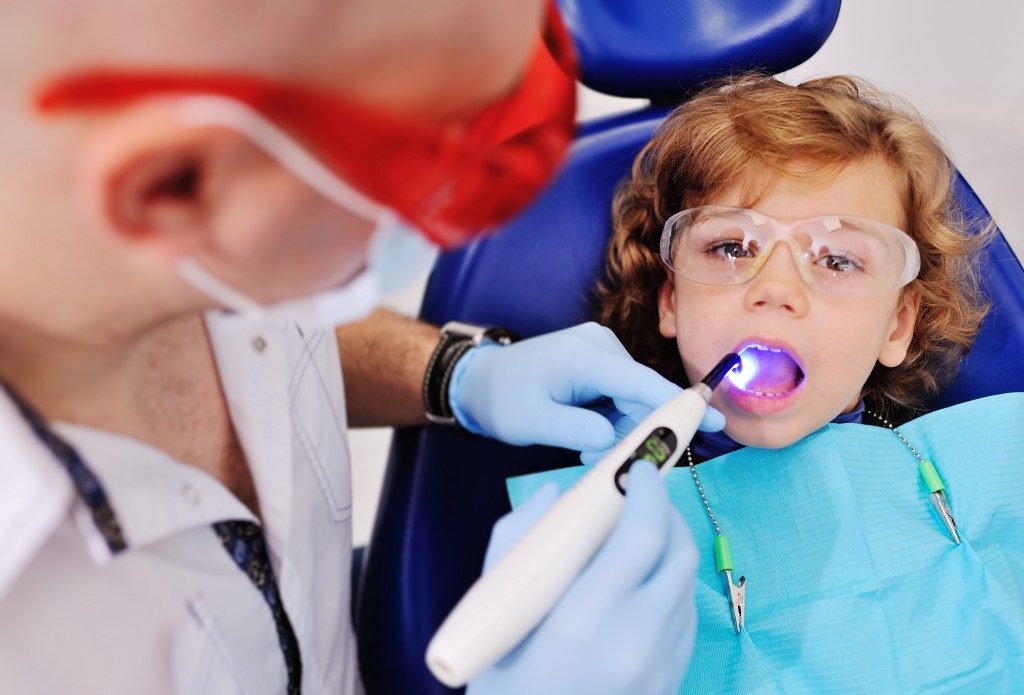Parents always want to make sure their children grow up in the best of health, especially when it comes to their teeth. Dentists encourage parents to bring their children to the dental clinic as soon as their baby teeth erupt so that they can train the parents on proper dental care for toddlers.
There are many reasons why dental care is essential. A child’s primary teeth are responsible for keeping their jaws straight, preparing their mouth for adult teeth, and helping them build good habits when chewing, talking, and smiling. Establishing proper oral health care at an early age will encourage beneficial lifelong habits. When they have healthy teeth, they’ll be more confident when they get older.
However, it’s not easy for many parents to figure out how much dental care their children need. Cavity prevention is one thing, but they don’t know how and when to start. Here are some of the most effective ways to care for a child’s oral health.
The Right Time (and Method)
So, the question is: when should children start brushing their teeth? Proper dental care should begin way before a child’s first tooth appears. Just because they aren’t visible doesn’t mean your child’s teeth aren’t there yet. The truth is a child’s teeth start to develop while they’re inside their mother’s womb, specifically in the second trimester of pregnancy. When they’re born, babies already have 20 primary teeth in their jaws.
To get rid of any harmful bacteria, use a clean, damp washcloth on your child’s gums even before they start to show signs of teething. Then, once their teeth start to appear, get an infant brush with a tiny bit of fluoride toothpaste. Make sure not to put too much. The ideal amount is about the size of a regular rice grain. As there are toothpaste types that are more suitable for adults, be prepared to have a few different choices at home.
Look for toothpaste that has child-friendly fluoride; there are many types available with colours and flavours that children will find appealing. If you choose to use one without fluoride, it’s still important to keep it to a small amount. This is because you don’t want your child to swallow more toothpaste than what’s allowed. Once your baby’s teeth finally start to touch, you can begin flossing for a more thorough cleaning.
Never Skip Dental Appointments
A family that goes to the dentist together stays healthy together. Maintain a routine of visiting your dentist two times a year, and of course, make sure to bring your children. Make it a ritual and your children will thank you for it.
But be careful when choosing your family dentist. Make sure they are highly capable of handling a child’s oral health and only use the right tools. Whether they get their dental instruments online or from another source, these should be suitable for younger children. Bring your child to their first dental appointment sometime between the first six months of their first tooth or their first birthday.
Stay Away from Sugar

As much as possible, avoiding sugary drinks and foods. Sugar, after all, is one of the leading causes of tooth decay. They’re not entirely unavoidable, however, so control the number of candies your child consumes by only limiting them during special holidays like Easter and Halloween.
After consuming sweets, tell them to drink more water. If you go for a bottled drink, check the label and see the amount of fluoride it may have. Fluoridated water can help reduce the cavities children may get in their teeth.



